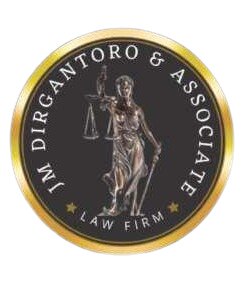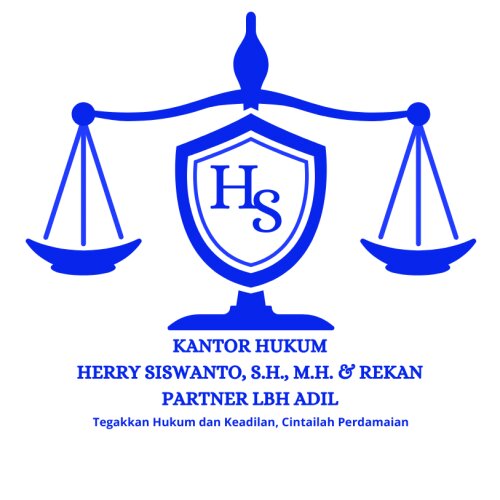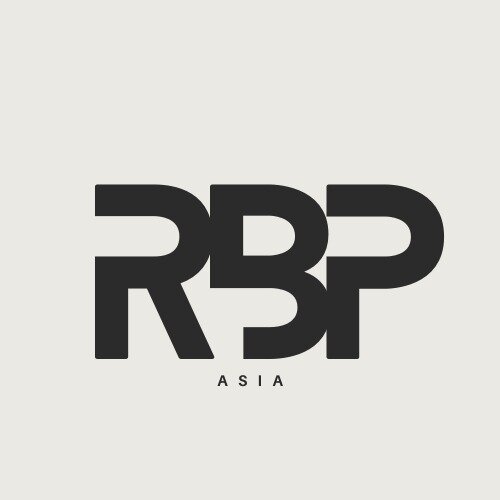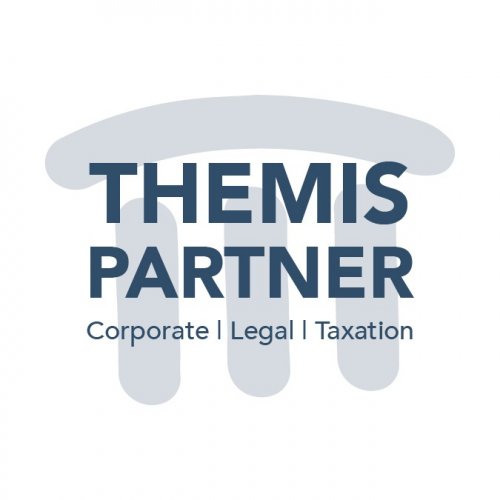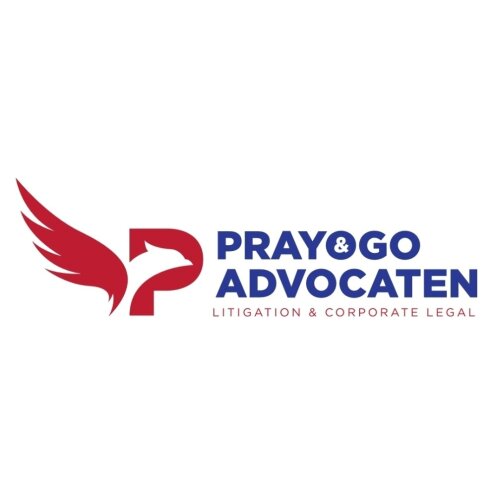Best Sanctions & Export Controls Lawyers in Jakarta
Share your needs with us, get contacted by law firms.
Free. Takes 2 min.
List of the best lawyers in Jakarta, Indonesia
About Sanctions & Export Controls Law in Jakarta, Indonesia
Sanctions and export controls are legal measures implemented by governments to regulate, restrict, or prohibit certain activities, transactions, or trade with specific countries, entities, or individuals. In Jakarta, Indonesia, these regulations play a pivotal role in ensuring national security, fulfilling international obligations, and maintaining compliance with global standards. The Indonesian government enforces sanctions and export controls primarily to prevent illegal trade, halt the proliferation of weapons, and support international efforts against terrorism and money laundering. Businesses operating in Jakarta must navigate a complex network of local and international regulations to remain compliant and avoid severe penalties.
Why You May Need a Lawyer
The field of sanctions and export controls is highly regulated, technical, and subject to frequent updates. Individuals and businesses in Jakarta may require legal assistance for various reasons, such as:
- Understanding whether certain products or technologies are subject to export controls or bans
- Navigating complex licensing requirements for import-export activities
- Responding to investigations or enforcement actions by Indonesian authorities
- Managing transactions involving partners in sanctioned countries or with embargoed entities
- Developing and implementing compliance programs to proactively address legal obligations
- Dealing with the legal consequences of inadvertent violations
- Interpreting the impact of international sanctions imposed by bodies such as the United Nations or the European Union on Indonesian businesses
In these scenarios, the guidance of an experienced lawyer is invaluable to minimize risks and protect against potential legal liabilities.
Local Laws Overview
In Indonesia, sanctions and export controls are governed by a range of laws, government regulations, and ministerial decrees. The key legal frameworks include:
- Law No. 10 of 1995 as amended by Law No. 17 of 2006 on Customs - Governs the import and export of goods, customs procedures, and restrictions
- Bank Indonesia Regulations - Oversee financial transactions and the movement of funds, especially in regard to foreign exchange and sanctioned entities
- Ministry of Trade Regulations - Specify prohibited or restricted goods, required permits, and licensing criteria for exports
- Laws implementing United Nations Security Council Resolutions - Mandate Indonesia's compliance with international sanctions, including asset freezes, bans, and restrictions on specific countries or individuals
- Prohibitions on dual-use goods and technology transfer - Particularly relevant for advanced electronics, chemicals, and machinery with potential military use
Violations of these laws can result in severe criminal and civil penalties, including imprisonment, substantial fines, and suspension or revocation of business licenses.
Frequently Asked Questions
What are sanctions and export controls?
Sanctions are legal restrictions imposed to prohibit or limit trade, financial transactions, or business dealings with designated countries, entities, or individuals. Export controls are regulatory measures that govern the export of certain goods, technologies, and services for reasons of national security, foreign policy, or compliance with international obligations.
Who is subject to sanctions and export controls in Jakarta?
All individuals, companies, and organizations engaged in import, export, or financial transactions within Indonesia - including foreign-invested companies and local businesses operating in or through Jakarta - are subject to these regulations.
Which goods are commonly restricted under Indonesian export controls?
Indonesia imposes controls on a wide range of products, including weapons, dual-use goods, chemicals, advanced electronic equipment, cultural artifacts, and endangered species. The list is regularly updated and published by the Ministry of Trade.
What happens if I violate sanctions or export controls?
Violations can result in monetary fines, imprisonment, confiscation of goods, business license suspension, and damage to your reputation. Authorities may also conduct investigations and audits involving your business operations.
How can I find out if my transaction or product is subject to restrictions?
You should consult the latest regulations issued by the Ministry of Trade and related agencies. Legal counsel can help assess whether your activities require permits or are banned outright.
Are there special licensing programs for controlled exports?
Yes. The Indonesian government requires exporters of certain goods to apply for permits or licenses. The process involves disclosing information about the goods, recipients, and intended uses, and may require additional documentation or end-user certificates.
Does Indonesia follow international sanctions?
Indonesia implements United Nations Security Council sanctions and may choose to recognize other international sanction regimes when it aligns with national interests and laws. Local regulations specify how these are enforced within Indonesia.
Can sanctions affect banking and financial transactions?
Yes. Bank Indonesia and other regulatory authorities require banks to screen against sanctioned lists and may prohibit or freeze transactions involving designated entities or persons.
How can businesses in Jakarta ensure compliance with relevant regulations?
Businesses should establish internal compliance programs, conduct due diligence on partners and transactions, keep up with regulatory changes, and seek legal guidance when dealing with complex or high-risk activities.
What should I do if my business is investigated for sanctions or export control violations?
Immediately seek legal representation from a lawyer experienced in sanctions and export controls. Full cooperation with authorities, accurate record keeping, and a clear understanding of your rights are essential in such situations.
Additional Resources
If you need more information or support on sanctions and export controls in Jakarta, Indonesia, consider reaching out to the following organizations and government bodies:
- Ministry of Trade: For up-to-date export control lists, licensing requirements, and permit procedures
- Directorate General of Customs and Excise: For information on prohibited and restricted imports or exports
- Bank Indonesia: For financial transaction regulations and compliance obligations
- Indonesian Financial Transaction Reports and Analysis Center (PPATK): For anti-money laundering and terrorism financing regulations
- Indonesian Bar Association (PERADI): To find qualified legal professionals specializing in sanctions and export controls
Next Steps
If you believe you need legal advice on sanctions and export controls in Jakarta, take the following steps:
- Document your situation clearly, including any relevant contracts, correspondence, or official notices
- Consult the latest regulations and guidance from the Ministry of Trade and related authorities
- Contact a lawyer or law firm with experience in sanctions, export controls, and international trade law
- Request an initial legal consultation to assess the risks, potential liabilities, and recommended actions
- Follow your lawyer's advice on compliance measures, risk management, and, where necessary, responding to government inquiries or investigations
Proactive legal compliance is critical in the complex area of sanctions and export controls. Early engagement with qualified legal counsel can help protect your business interests and ensure compliance with both Indonesian and international regulations.
Lawzana helps you find the best lawyers and law firms in Jakarta through a curated and pre-screened list of qualified legal professionals. Our platform offers rankings and detailed profiles of attorneys and law firms, allowing you to compare based on practice areas, including Sanctions & Export Controls, experience, and client feedback.
Each profile includes a description of the firm's areas of practice, client reviews, team members and partners, year of establishment, spoken languages, office locations, contact information, social media presence, and any published articles or resources. Most firms on our platform speak English and are experienced in both local and international legal matters.
Get a quote from top-rated law firms in Jakarta, Indonesia — quickly, securely, and without unnecessary hassle.
Disclaimer:
The information provided on this page is for general informational purposes only and does not constitute legal advice. While we strive to ensure the accuracy and relevance of the content, legal information may change over time, and interpretations of the law can vary. You should always consult with a qualified legal professional for advice specific to your situation.
We disclaim all liability for actions taken or not taken based on the content of this page. If you believe any information is incorrect or outdated, please contact us, and we will review and update it where appropriate.





